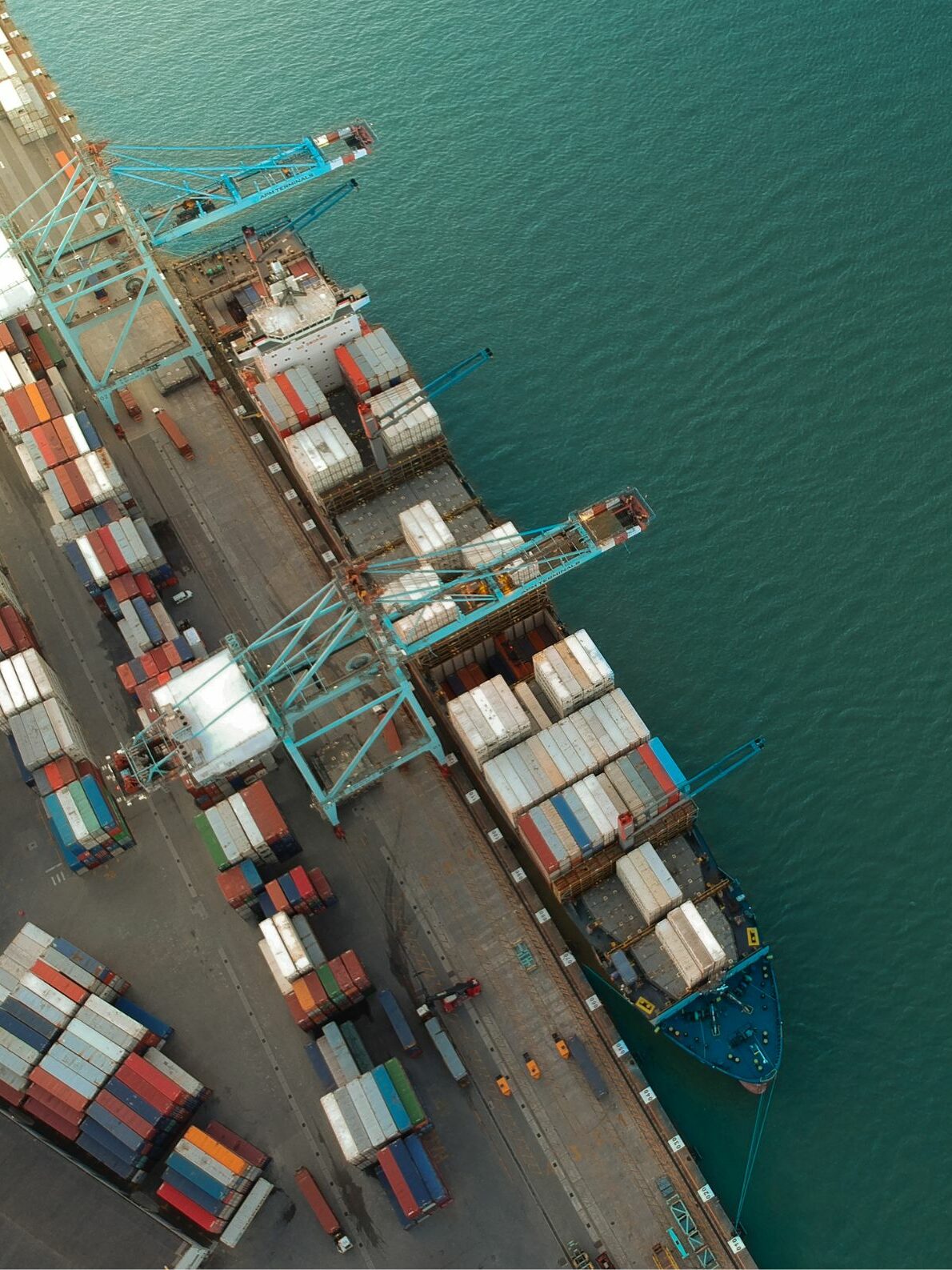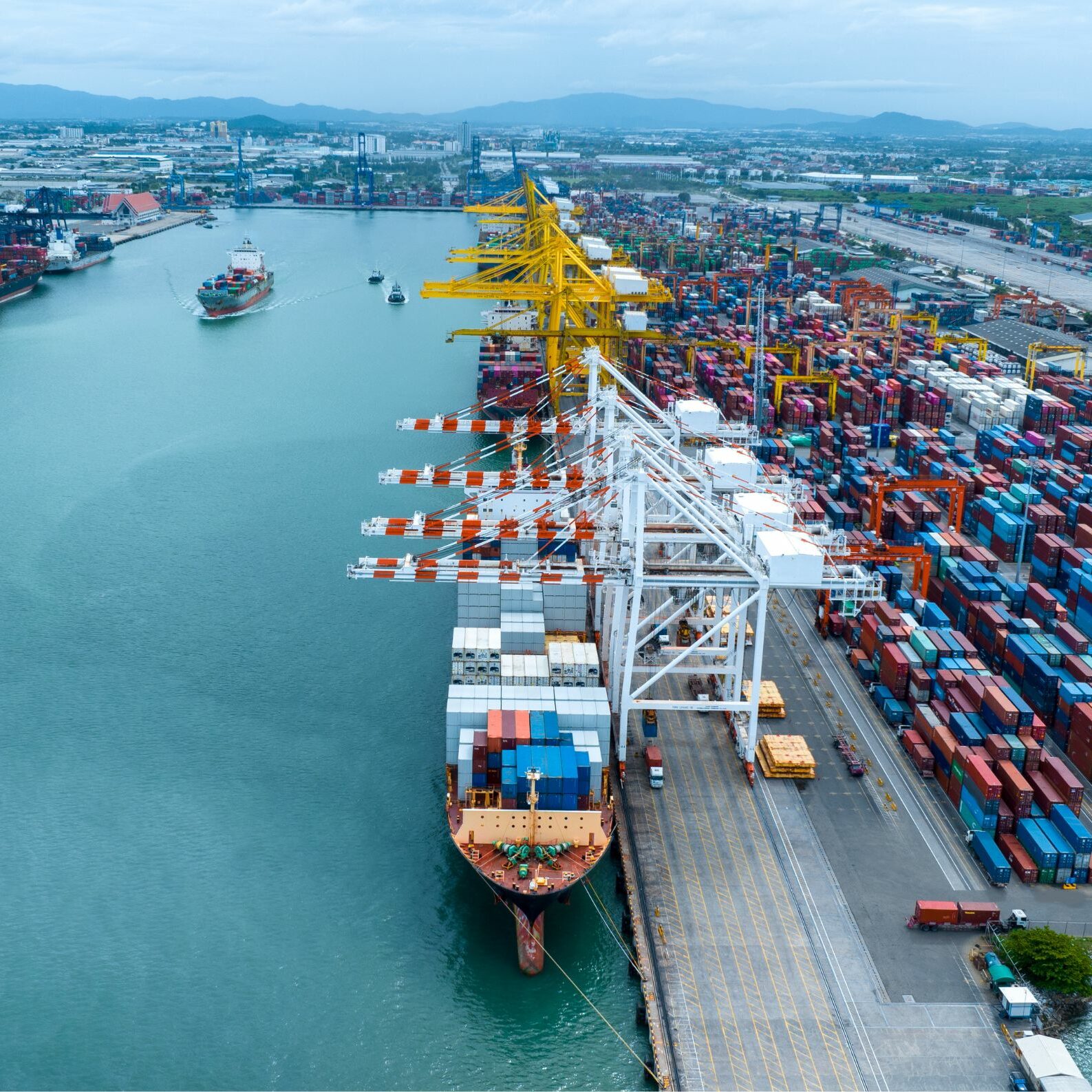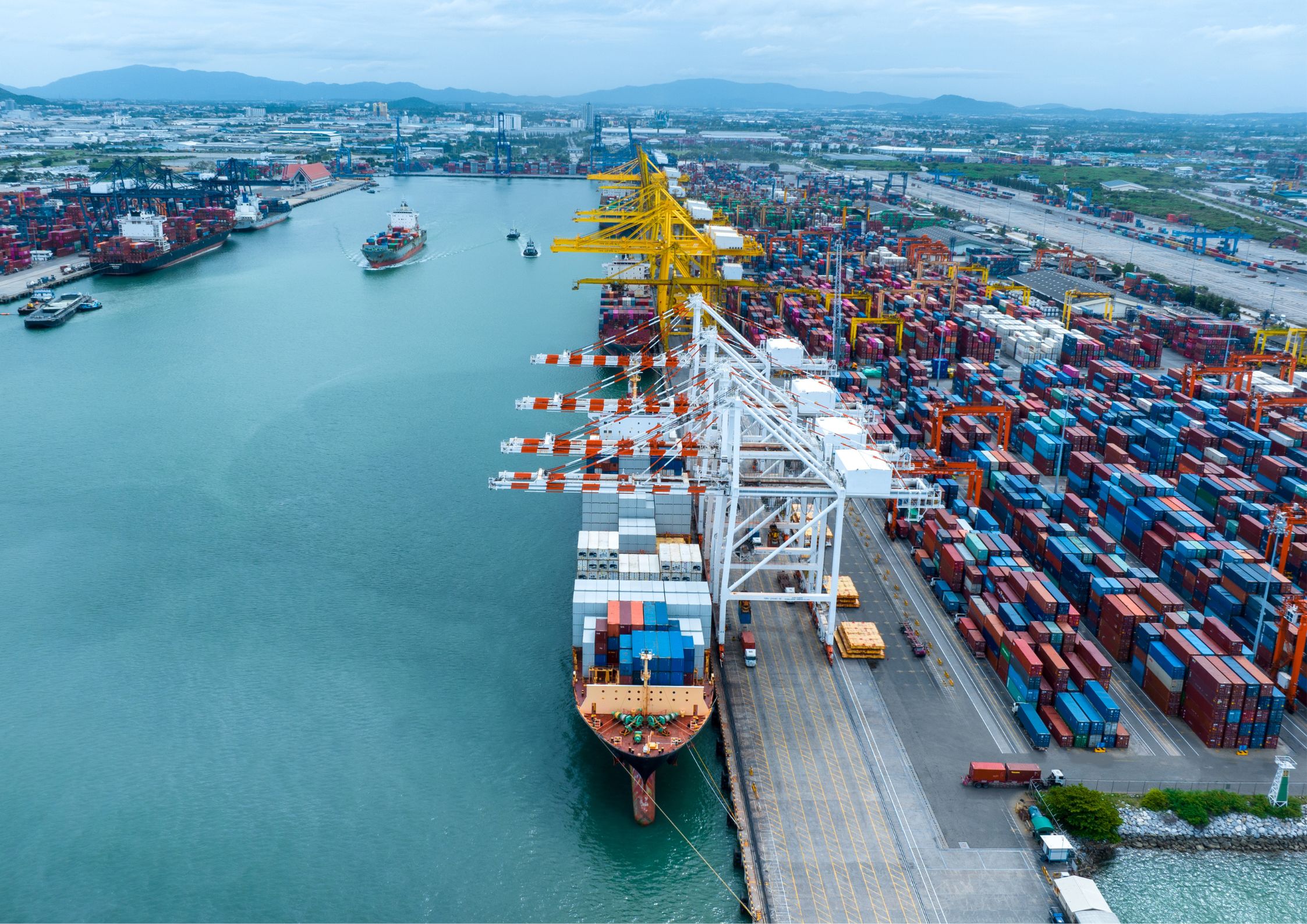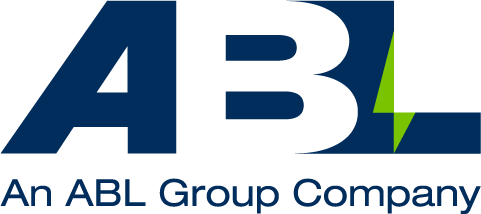Port Marine Personnel Competency Frameworks
Project Objective: To supply our client with Personnel Job Competency Profiles aligned with job descriptions and international maritime standards
Client: Ports & Harbours
Location: Nigeria

Project overview
Our thorough understanding and experience in delivering this type of project as an improvement cycle allowed a rigorous analysis and a robust improvement road map. The road map highlighted the improvement plan, steps for implementation and control.
Assessors and Verifiers will now be equipped with validation/evidence based on a recognisable process that is derived from the analysis and implementation plan covering the four focus areas of:
- ship management;
- maritime assurance;
- terminal management;
- and marine logistics.
This approach addressed any skills dilution that existed.
Challenges faced by the client
The client was experiencing challenges with skills dilution and current job competence profiles not at optimum.
Competency profiles were not aligned to Standards of Training, Certification and Watchkeeping (STCW), International Harbour Masters Association (IHMA), Safety of Life at Sea (SOLAS), The International Convention for Prevention of Pollution from Ships (MARPOL) and the Oil Companies International Marine Forum (OCIMF) requirements.
What we did
Our scope of work was based on a three-phased approach:
Phase 1
Verify – Propose the controls that should be in place to support the improvement plan.
Define – Programme definition and descriptive problem statement.
Measure – Identify international/national or best practice standards and qualifications across the four focus areas.
Analyse – Carry out a comprehensive gap analysis and generate a report.
Design – Develop an improvement plan along with suggested controls ready for the next phase of the programme.


Phase 2
Phase 2 was designed to provide implementation, assessment and verification of resources, as a follow on from Phase 1.
Job Competency Profiles covering approximately 40 positions across the four main shipping and marine areas were created.
Verify – Issue report to client for approval.
Define – Expand program definition and refine descriptive problem statement.
Measure – Confirm applicability of international/national or best practice standards and qualifications across the four focus areas. Provide assessment of assessor and verifier profiles.
Analyse – Carry out a gap analysis and generate report for all positions.
Design – Develop an improvement plan along with suggested controls ready for the next phase of the program.
Phase 3
The objective of Phase 3 was to hand over the entire process to the client.
Control – Ensure the designed implementation is being controlled through qualified and/or approved assessors and verifiers.
Implement – Apply designed improvements.

Key elements of an effective Competency Management System
A Competency Management System (CMS) may be quite complex in that competence cannot be assured by a one-off test or examination in a training environment.
Competence describes actual performance in the workplace (or valid simulation of the workplace) over time.
It requires that a person has both the knowledge and the skill to perform a particular function and the ability to apply these to unforeseen circumstances.
Competency develops over time and therefore a competency assurance system should reflect various levels of attainment within any skill area ranging from minimum proficiency through to fully competent.
The value we delivered to the client
Clear and concise job competency profiles aligned with job descriptions.
Detailed implementation road map defining the way forward for individual personnel development.
Adopted widely recognised continuous improvement, define measures, analyse, design and verify methodology.
Job competency profiles aligned with international maritime standards .
Cascading through the awareness, knowledge, skill, and mastery phases of the competency framework.

“The partnership between ABL’s Asset Integrity Management (AIM) and Maritime teams has led to the successful development of an innovative approach that holds significant potential for global implementation.
By combining our expertise and resources, we have created a model that not only addresses current industry challenges but is also designed to be adaptable and scalable across various international markets.”
ABL Head of Ports & Harbours Governance

“This collaborative effort showcases a strategic and effective solution that can be widely replicated, offering the potential to drive progress and set new standards on a global level.
We take great pride in the significant achievements and impactful results we have delivered for our client. Our commitment to excellence and dedication to meeting their needs have driven us to consistently provide outstanding solutions.”
ABL AIM Training Service Manager
Related services
Get in touch
To discuss your team competency and how ABL can support in aligning job descriptions and international maritime standards, fill in the form below and a member of our team will be in touch.
